For anyone unfamiliar with the very public disaster that was Fyre Festival, it was supposed to be an exclusive music festival in the Bahamas that promised luxury accommodations and catering.
What festival-goers actually found when they arrived were repurposed FEMA tents and prepackaged meals, and a construction site instead of a concert venue.
Organized by rapper Ja Rule and Billy McFarland (who has since pled guilty to two counts of wire fraud), the event was heavily pushed by social media influencers such as Kendall Jenner and Emily Ratajkowski.
When the fraud came to light and people saw the conditions that concert-goers were facing, the internet's reaction was largely one of schadenfreude.
Given how sensational the story of Fyre Festival was, it was only a matter of time before someone made a documentary about it; or in this case, two documentaries. Netflix's Fyre releases today, and was announced months ago. Hulu's Fyre Fraud released on Monday with no fanfare and no announcement.
There are some pretty big differences between the two documentaries. Fyre Fraud takes the approach of trying to explain how it all happened from a bigger picture standpoint, leading the viewer down a specific path. Fyre lets the story tell itself, and allows viewers to come to conclusions about the absurdity of it all by themselves.
Neither documentary is without flaws, including those of the ethical variety. Fyre is produced by Jerry Media and Matte Projects, both of which promoted Fyre Festival. Fyre Fraud co-director Jenner Furst asserts that this made Fyre take a more lenient stance on Jerry Media when choosing how to cover their involvement.
Fyre Fraud includes an interview with fraudster Billy McFarland, who has since been convicted of and imprisoned for fraud relating to Fyre Festival, for which McFarland was paid. Fyre director Chris Smith said that he thought this felt "particularly wrong" when discussing why he turned down an offer to interview McFarland.
The controversy will likely pay off for both Netflix and Hulu, however.
Social media posts related to the two films, and the general contention between them, has been bringing a significant amount of extra attention.
There was even a call for a meta-documentary about the two.
Some pointed out the often forgotten victims in this whole debacle: the Bahamian workers who were never paid for their work.
Each film offers a different perspective on the events leading up to Fyre Festival, so the general consensus seems to be to watch both if you want to whole picture.



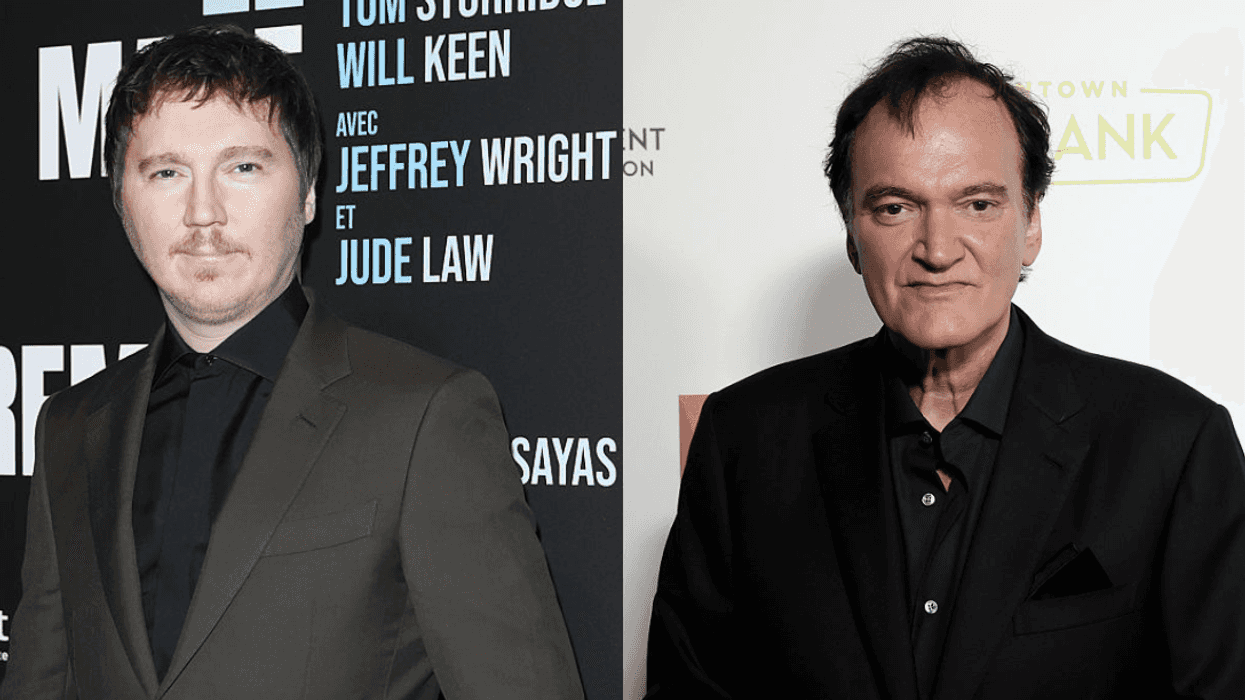
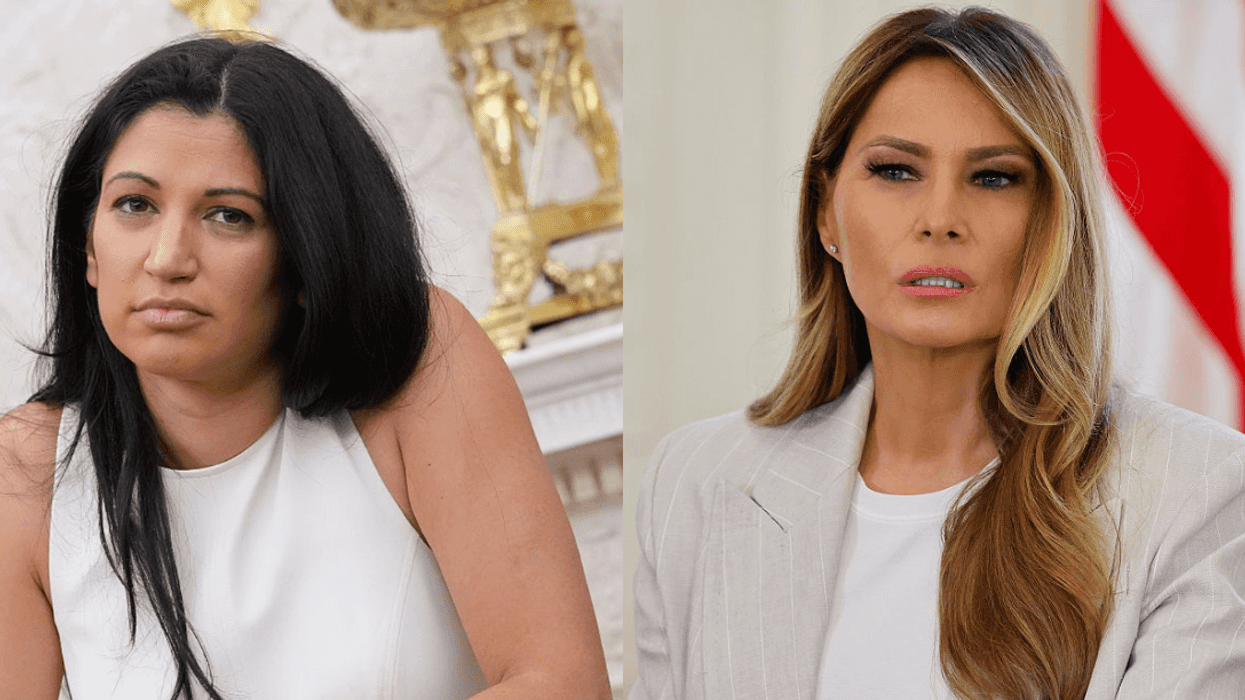

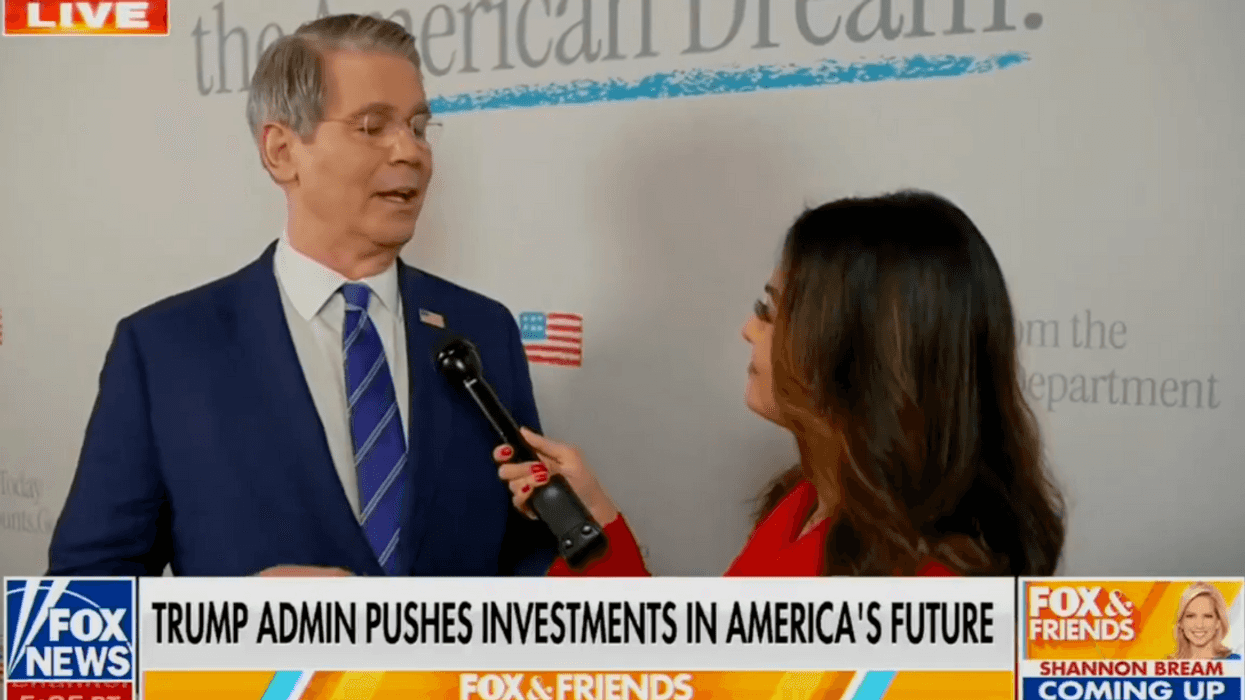

 @NICKIMINAJ/X
@NICKIMINAJ/X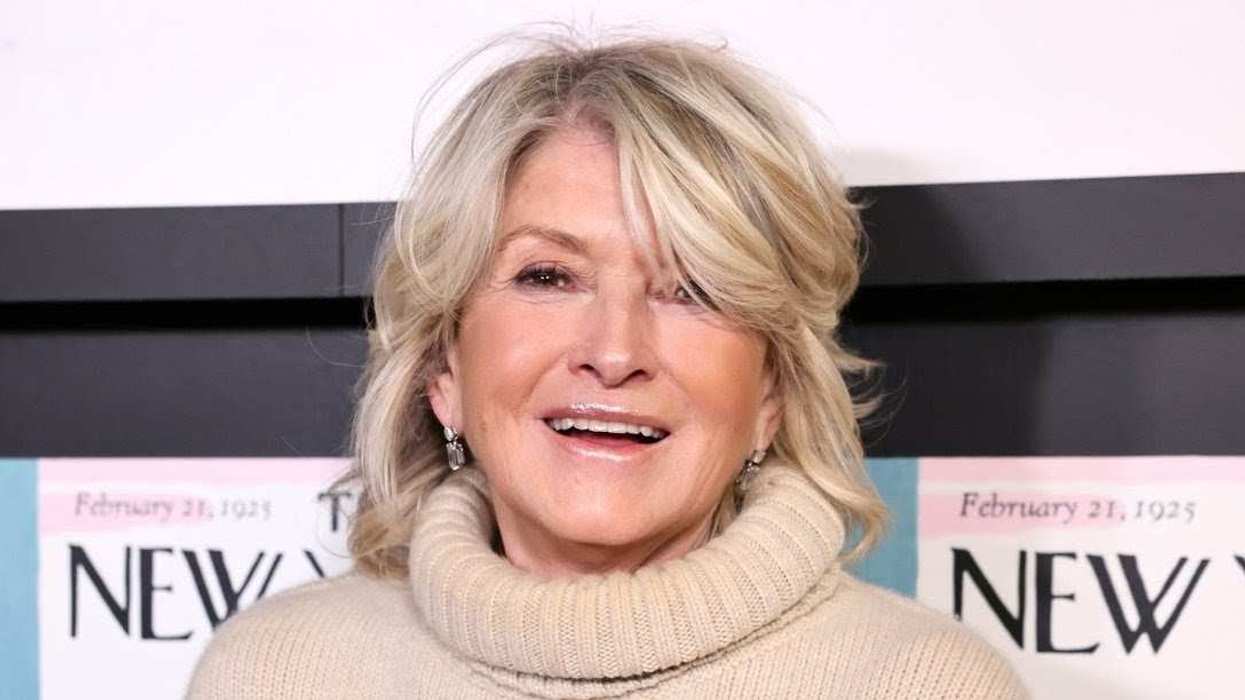
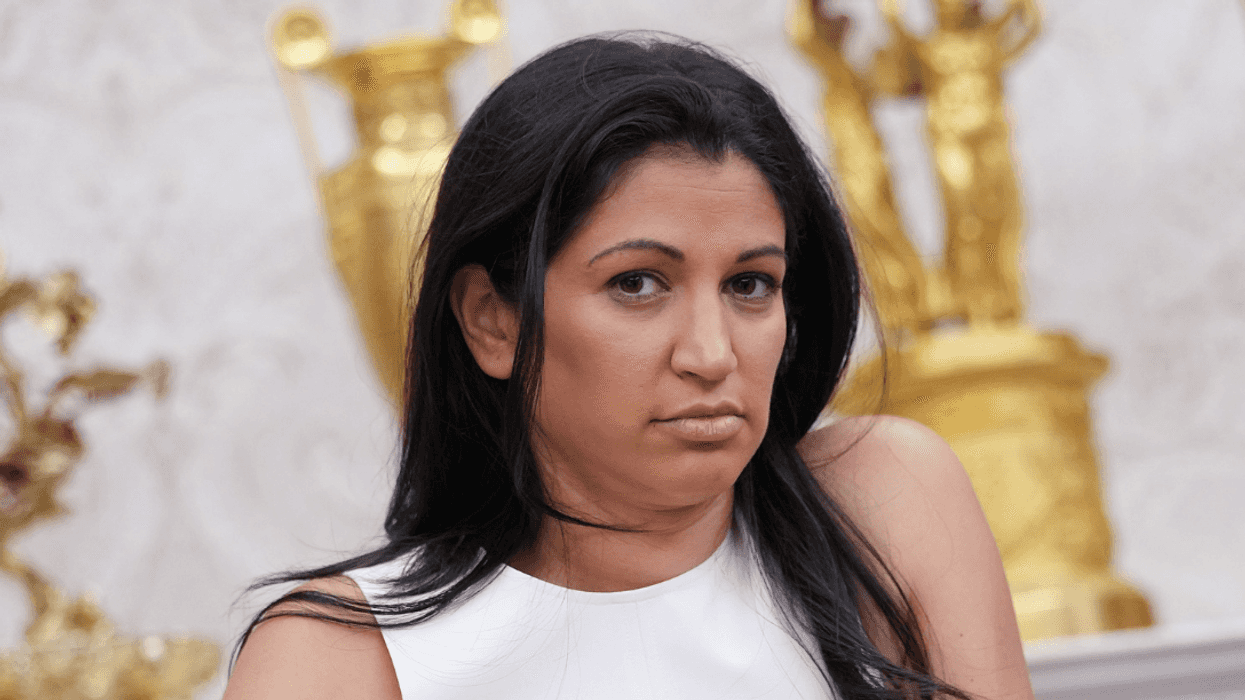

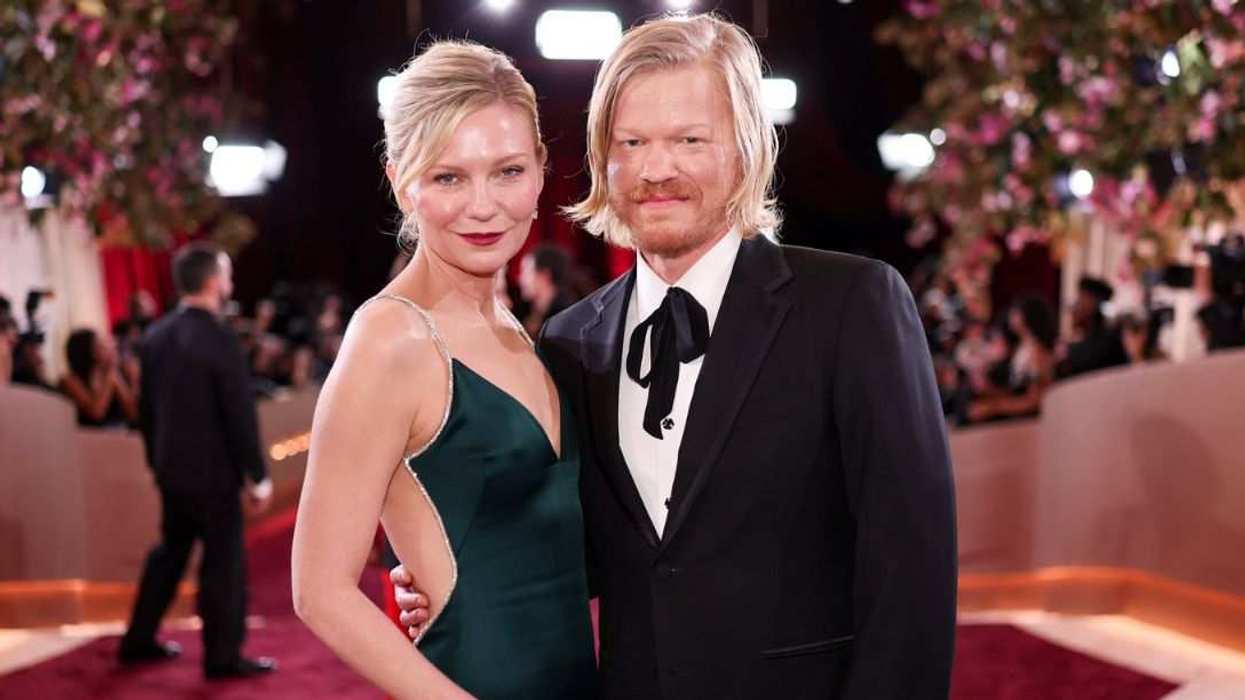
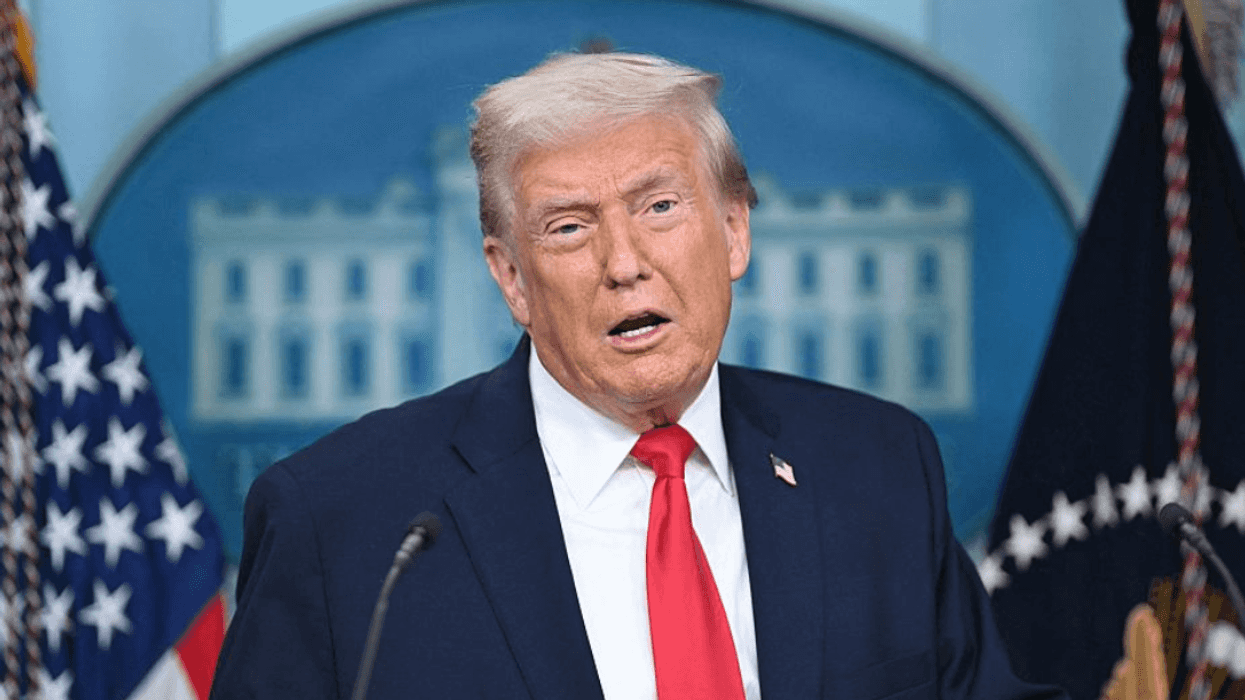

 Red Carpet Picture GIF by Robert E Blackmon
Red Carpet Picture GIF by Robert E Blackmon 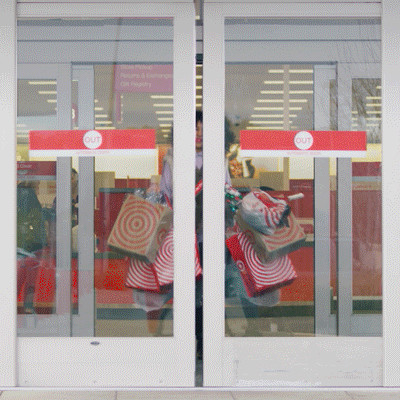 Black Friday Christmas GIF by Target
Black Friday Christmas GIF by Target 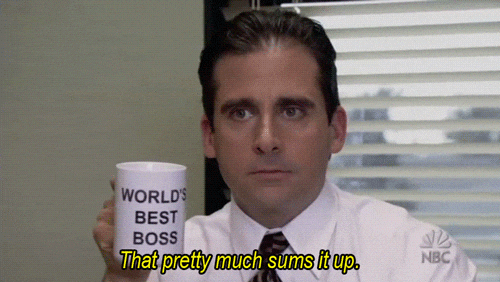 The Office Boss GIF
The Office Boss GIF  Stay Single Animation Domination GIF by gifnews
Stay Single Animation Domination GIF by gifnews  Season 1 Wedding GIF by NBC
Season 1 Wedding GIF by NBC 
 @kellymengg/TikTok
@kellymengg/TikTok @kellymengg/TikTok
@kellymengg/TikTok @kellymengg/TikTok
@kellymengg/TikTok @kellymengg/TikTok
@kellymengg/TikTok @kellymengg/TikTok
@kellymengg/TikTok @kellymengg/TikTok
@kellymengg/TikTok @kellymengg/TikTok
@kellymengg/TikTok @kellymengg/TikTok
@kellymengg/TikTok @kellymengg/TikTok
@kellymengg/TikTok @kellymengg/TikTok
@kellymengg/TikTok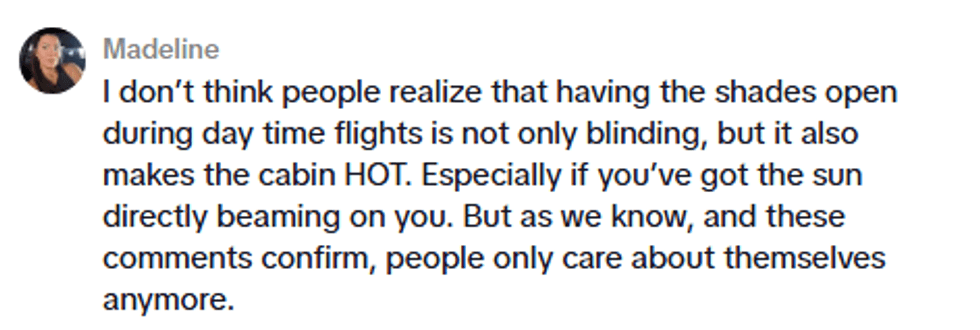 @kellymengg/TikTok
@kellymengg/TikTok @kellymengg/TikTok
@kellymengg/TikTok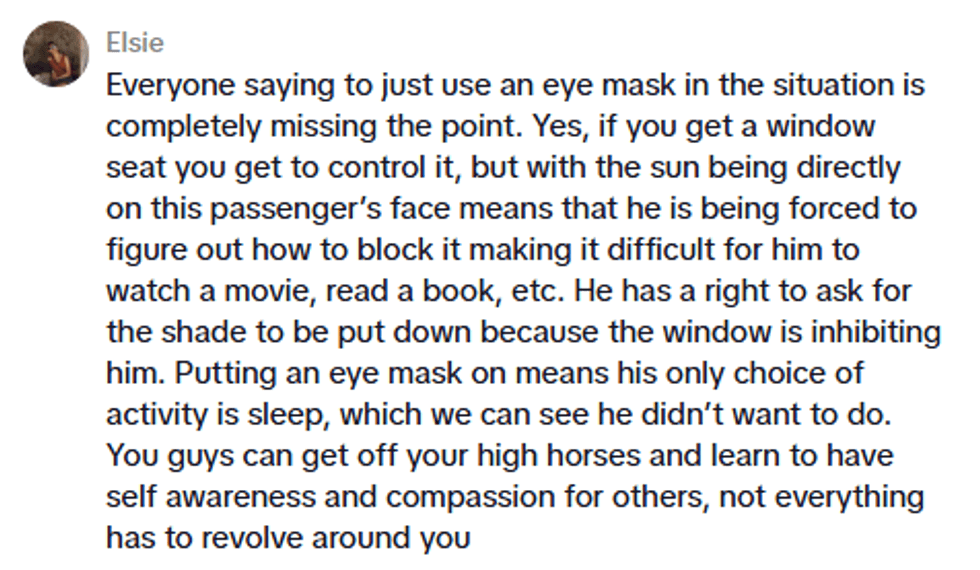 @kellymengg/TikTok
@kellymengg/TikTok @kellymengg/TikTok
@kellymengg/TikTok @kellymengg/TikTok
@kellymengg/TikTok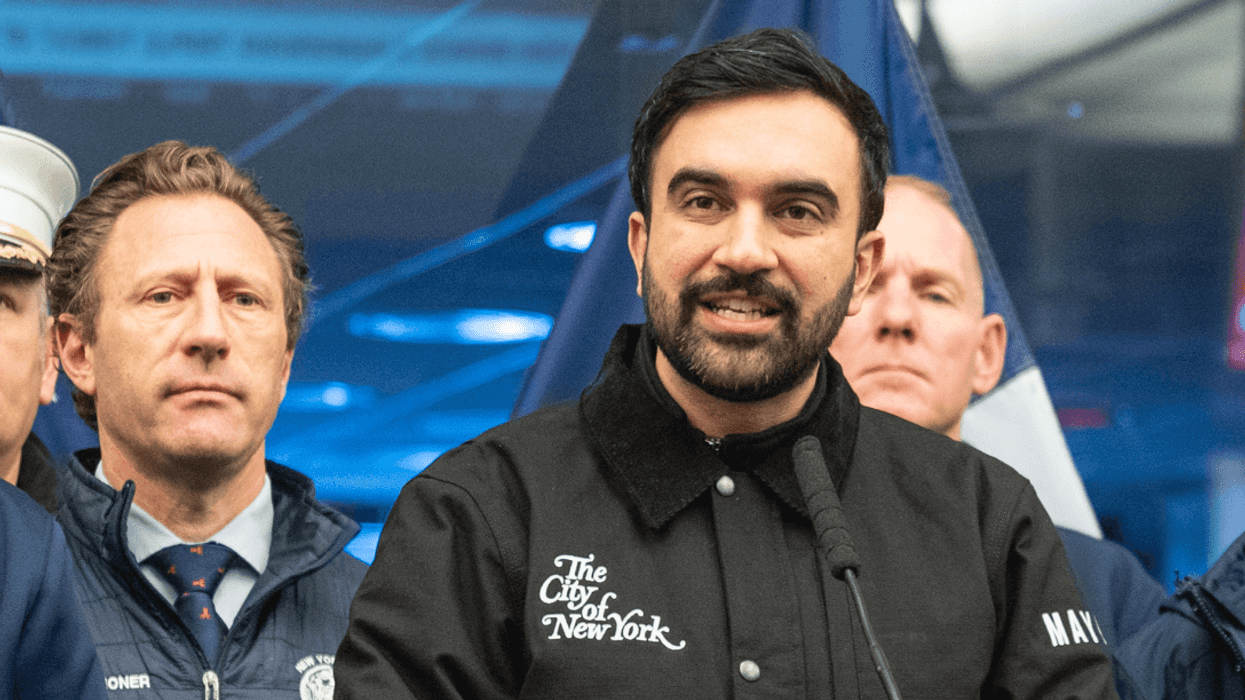
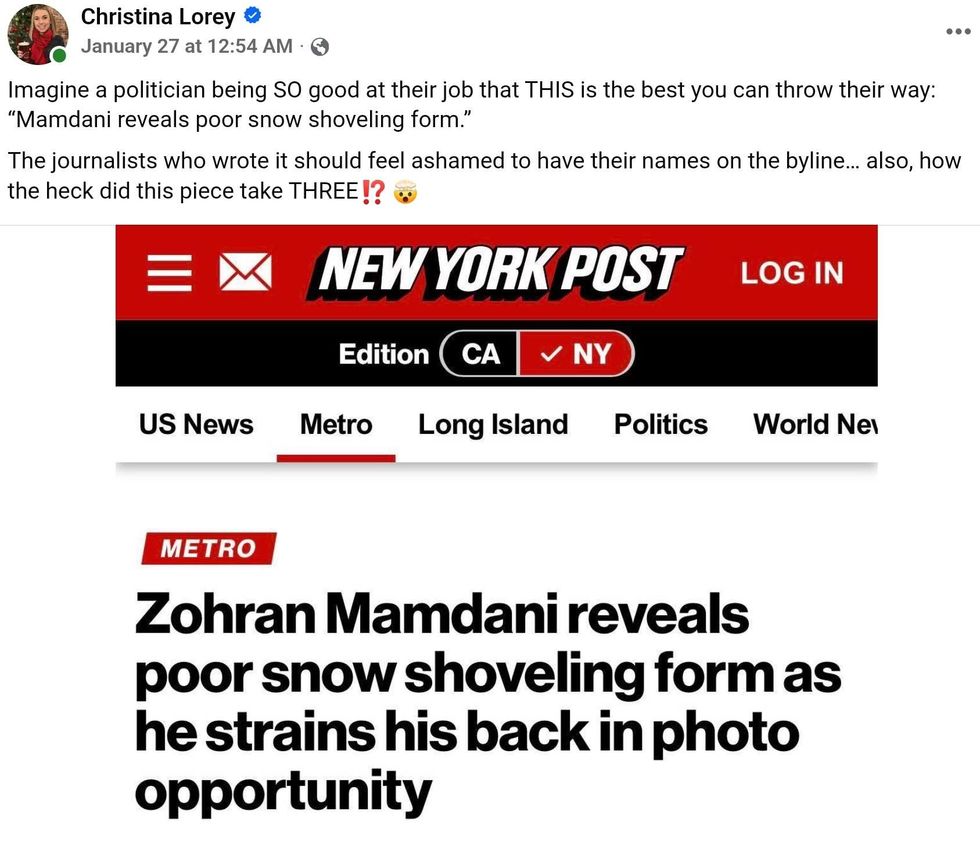 Christina Lorey/Facebook
Christina Lorey/Facebook Barry Novak/Facebook
Barry Novak/Facebook Mary Schroeder/Facebook
Mary Schroeder/Facebook Ben Kayser/Facebook
Ben Kayser/Facebook @danobears/Threads
@danobears/Threads
 @falkthisnonsense/Threads
@falkthisnonsense/Threads @barrypiatoff/Threads
@barrypiatoff/Threads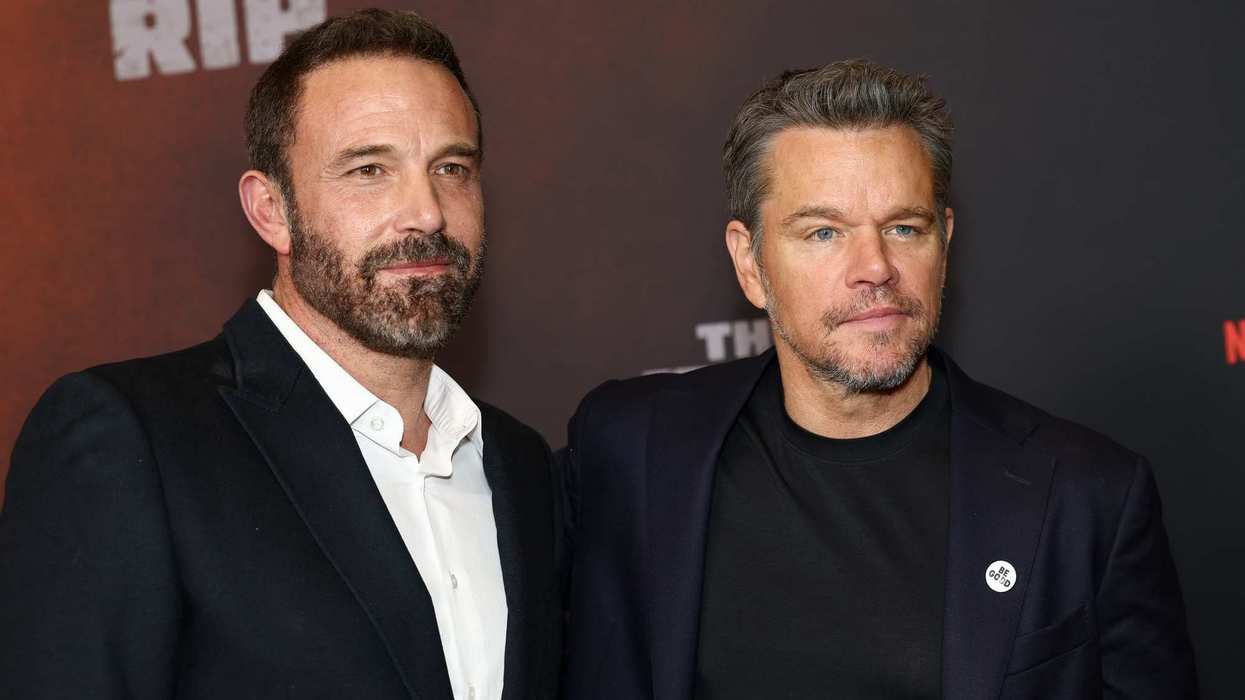
 @sareineity/TikTok
@sareineity/TikTok @jackb7730/TikTok
@jackb7730/TikTok @theboywanders/TikTok
@theboywanders/TikTok @george199013/TikTok
@george199013/TikTok @mrtempoe/TikTok
@mrtempoe/TikTok @soxfanchris/TikTok
@soxfanchris/TikTok